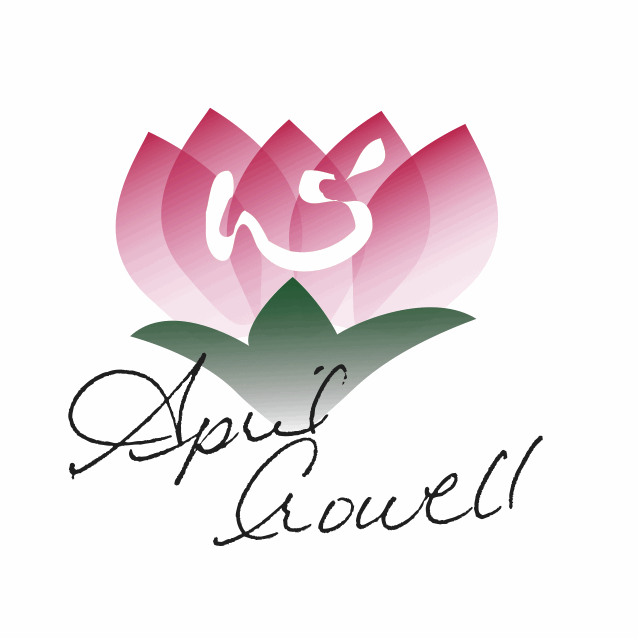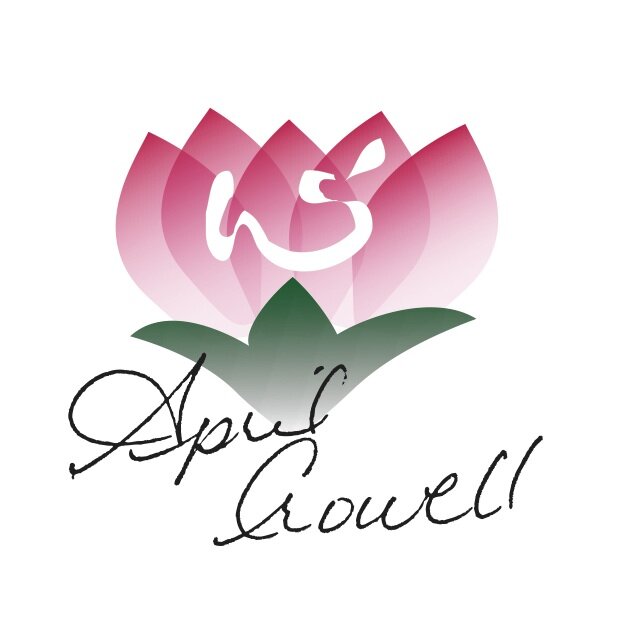A Bit About Aloe
Aloe vera is an amazing plant that we've benefited from for centuries thanks again to the Greeks and the Romans. In its varied history it has been used as an insect repellent, to heal burns, to keep the facial skin supple and plump and to eliminate human smells before hunters would go out to hunt. It has withstood the test of time and should be a part of every household's kitchen medicinal cupboard, in my opinion. They are lovely as potted plants that will give up a little leaf for your scrape or burn. You can buy aloe gel in most health food stores, which is what I recommend if you may be using it internally so you aren't constantly butchering your plant. You can also buy large aloe leaves to slice and use. On a whim a few years back, I bought one of the leaves just to see how long it would last in my kitchen. 6 months! I was amazed, its cut end crept back a little but there was still a lot of juicy flesh when I finally cut into it. Here's why I love aloe.
Western medicinal overview of aloe vera
Aloe is rich in amino acids and minerals. It is analgesic (relieves pain), antibacterial, anti-fungal, antibiotic, and restorative. Beautiful.
Asian energetics of aloe vera
Aloe vera is cold, moistening, a bit bland and salty. It specifically benefits the skin, the Stomach, Lungs and the Intestines.
Clears heat externally, benefits the skin, reduces inflammation and irritation. Promotes tissue repair, and moistens Yin — Use aloe for any skin irritation or injury, especially those that are dry, red and hot. Use it for bee stings, bug bites, eczema, sores, scrapes, cold sores, ulcers, dry skin, sun burns, acne, rashes, dry scalp, athlete's foot, bleeding gums, gingivitis, dry and cracked heels. You get the picture. Shellac it on and once it's absorbed reapply if necessary.
Clears heat internally, reduces inflammation and irritation in the sinuses, Stomach, Intestines and Lungs — Aloe's cold nature means it pulls out heat and inflammation. Use it internally for constipation, peptic ulcers, chronic constipation or hot diarrhea, IBS, Crohn's, acid reflux and burning or gnawing sensations in the stomach or on the tongue. It is also very helpful with chronic asthma and inflammation in the sinuses and in the treatment of summer heat or heat exhaustion, hot flashes and tidal fevers. Dosing is about 1/2-1 tablespoon in 8 oz of water 1-2 x a day.
Nourishes Yin and moistens dryness — If there is heat, it will dry up Yin (fluids). The longer the heat persists the drier one will become, whether this is a small area of flesh like a rash or systemic situation. Aloe may be a good addition for your treatment.
Stops lactation — Use internally to slow or stop lactation.
Caution and contraindications
The only caution I give with aloe gel is that its nature is cold and excessive internal use may cause the cramping in the Colon or abdomen. Use with caution if you are cold. Watch out for the aloe drinks sold in stores - many have a lot of added sugar.
Be well,
April





